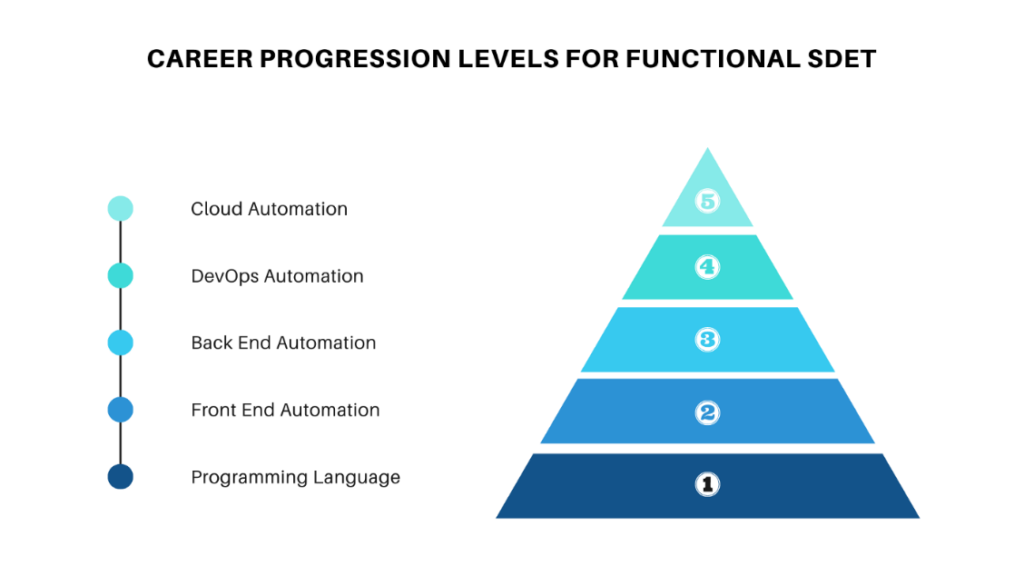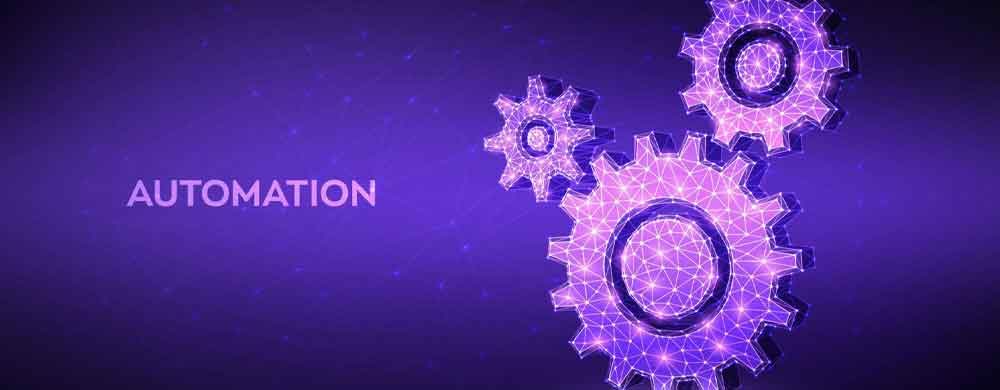Test Automation skills are most demanding in the present market. Most of the Senior QA leaders are advising against choosing test automation engineering as a career path and becoming QA champions in their organization. In this blog we will give a complete automation testing roadmap
What is the starting point to becoming an automation champion?
Learn a programming language in-depth, preferably one of these 4 — Java, JavaScript, Python, or C#.

Vertical vs Horizontal Learning
I vote for vertical learning and am not a big fan of horizontal. What does that mean? If you learn one language in-depth, you can become an expert in another language in weeks. So, learn one language in depth.
For example, if you like to learn Java as your preferred language of automation, then begin with a deeper understanding of the below listed five areas:
- How Java (JDK/JRE/JVM) works? on how to design classes, methods, variables, conditional statements, loops, etc.?
- OOPS concepts — Inheritance, Encapsulation, Abstraction, Polymorphism
- Arrays, String, and Regular Expressions
- Specific Collection (List, Set, Map) Implementations.
- Exception handling, Basic thread concepts
If you are interested in cracking product company interviews, then focus more on data structures and algorithms and the above.
Stack 2 — Front end automation tools engineering
The front-end automation can be broken mainly into — web, mobile, and desktop applications. There are several tools available in each of these technologies.
Disclaimer — I have mentioned only the tools and frameworks that I used in my last 20+ years of development and test automation engineering experiences with over 50+ enterprise customers across the globe.
Web — Selenium, Protractor, Webdriver.io, Puppeteer, Cypress, UFT
Mobile — Appium, Espresso, XCUITest
Desktop — UFT, UiPath
Out of these tools, if you are a beginner to test automation, learn Selenium Webdriver in-depth, preferably with Java bindings, due to the popularity and highest market demand.
By the way, just tools alone will not be enough to become a front-end automation champion, but you need to sharpen skills in –
Design Patterns — Factory, Adaptor, Decorator, Page design, BDD, Proxy
BDD — Cucumber, SpecFlow, RSpec
Runners — TestNg, JUnit, PyTest, Mocha, Jasmine
Reports — ExtentReports, Allure, ReportPortal, ReportNG
Just learning alone does not help!! You need to implement them rigorously with a minimum of 200+ test cases in a short period to become a champion.
Stack 3 — Back-end automation tools engineering
The back-end automation can be broken mainly by protocols and architectures — SOAP, RESTful, GraphQL, gRPC.
There are several tools and frameworks available to build automated tests in each of these.
SOAP — SoapUI
RESTful, GraphQL — PostMan, RestAssured, RestSharp, Karate
gRPC — BloomRPC
Considering the need for microservices growing in the present era, focusing more on REST and GraphQL will be the best choice. If you’re learning stack is in Java, preferably RestAssured with the integration of Cucumber, TestNG, and ExtentReports can be a delicious choice.
In addition, spend quality skilling on mocking tools like:
Mocking tools — WireMock, Mockito, PowerMock, EasyMock
You may have to skill up more if you are automating the asynchronous messages and events.
Stack 4 — DevOps automation
DevOps is a combination of practices that automate teams’ processes to build, test, and deploy applications faster.
In the DevOps ecosystem — test automation is powered by several tools in the following category:
Code & Build — Git, Bitbucket, Maven, Gradle, WebPack, Slack, Docker
Packaging—Docker, Ansible, Puppet, Chef
Release & Configure — Jenkins, Docker Swarm, Kubernetes, GitLab, GitHub Actions
Out of these — Jenkins and Docker can be excellent skills to have, and official certification in these tools can create a wealth of opportunities.
Stack 5— Cloud automation
Cloud automation services simplify provisioning and managing infrastructure, deploying test automation code, automating test processes, and monitoring your tests and infrastructure performance.
There are several cloud providers in the market like AWS, Azure, Google, Alibaba, etc. Out of these, AWS leads the cloud with a 32% market share, and during these pandemic days, the demand for cloud automation has grown rapidly.
As an automation developer/lead/architect, you do not have to focus on 300+ services available; instead, the following mandatory services can enable your career growth:
AWS Services — EC2, S3, Lambda, SNS, Glacier, RDS, VPC
Significantly, the AWS services above can help you run your automation tests — both front and back-end — in DevOps mode and a highly scalable and cost-effective environment.
Wrapping up
Many of the companies are now implementing automation testing as part of their quality assurance and testing strategy which makes the test automation skills most demanding in the present market.
With automation testing, we can get the higher test coverage and increased testing speed. If you are looking for a job as a test automation engineer or QA engineer, you should definitely learn full stack automation training in Chennai.
Tips for finding good candidates for Test Automation
would you like to know more about software testing courses contact Testleaf.
Author’s Bio:

As CEO of TestLeaf, I’m dedicated to transforming software testing by empowering individuals with real-world skills and advanced technology. With 24+ years in software engineering, I lead our mission to shape local talent into global software professionals. Join us in redefining the future of test engineering and making a lasting impact in the tech world.
Babu Manickam






